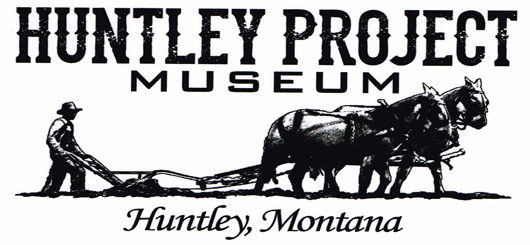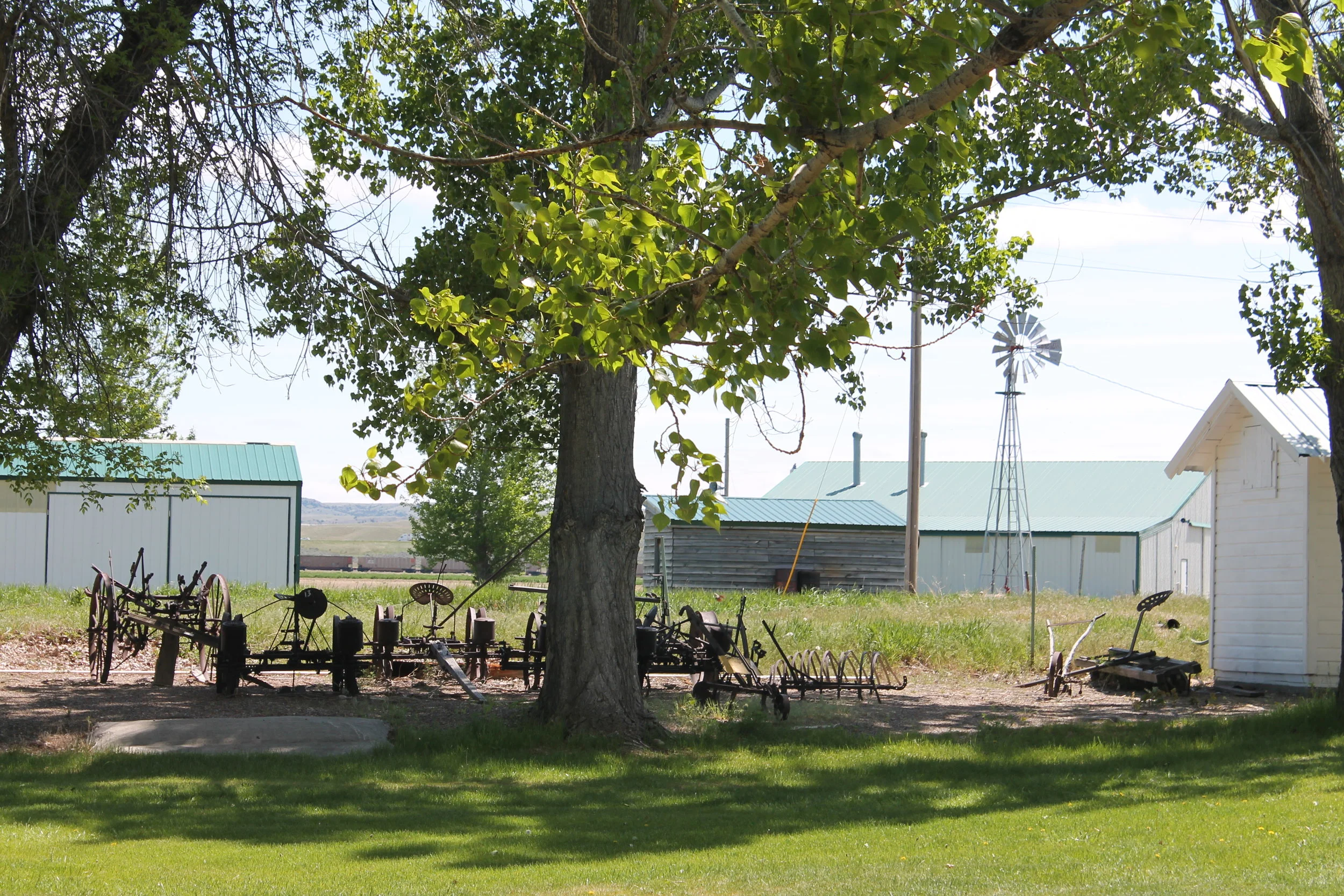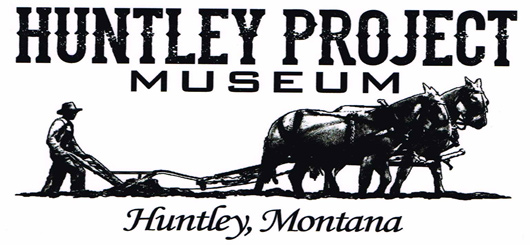Remembering Our Diverse Heritage as Americans
/By Trudie Porter Biggers
Summer fell into Fall, and with it the rain and cool temperatures followed. As I began decorating our home with touches of autumn leaves, cattails and pumpkins, I thought back to those who originally homesteaded on the Huntley Irrigation Project. Although the rain would have brought welcome relief from the summer heat, each family would be thinking of the coming winter and hoping they had stored enough to make it through.
The first families who came to the Huntley Project settled in areas with others from their homeland. Swede’s took homesteads close to one another in Huntley, German’s in Ballantine, the Volga German’s from Russia in another area and so on, each gathering with those who spoke their language. As time passed, most new-comers learned English in order to pass their citizenship test.
This was their ultimate goal, to become Americans and to own their own property in a country where freedom and protection were guaranteed to all. The man of the house almost always gained his citizenship first, while his wife and children who were born outside the country worked toward that goal. No matter where these families originated from, each sat down to the evening meal and were encouraged by their fathers and mothers to, “Speak English, we are Americans now!”.
Free public education was a highly respected opportunity and every family took full advantage of it. In many one-room school houses across the Huntley Project, children learned English and went home to teach their parents and grandparents. A large percentage of high school graduates went on to college at Polytechnic in Billings or other schools throughout Montana. Parents wanted their children to have every opportunity that they themselves had missed.
Numerous churches were built on the Huntley Irrigation Project. In fact, churches were erected before the schools, with many originally starting out in tents. Although religions differed from one group to another, these early homesteaders held deeply personal spiritual beliefs and were grateful to be able to openly worship and exercise their faith without fear of reprisal.
Each homesteader took tremendous pride in being an American and were grateful for opportunities and blessings that were nearly unheard of in their native land. The differences in the cultural heritage represented by those first homesteaders has mellowed somewhat over the last 110 years. But a drive along the back roads of the community reveal a rich and diverse heritage that families remember still. Although the names on the mailboxes may read: Gabel, Kindsfather, Tennyson or Grosskop, each and every one of them are Americans.




